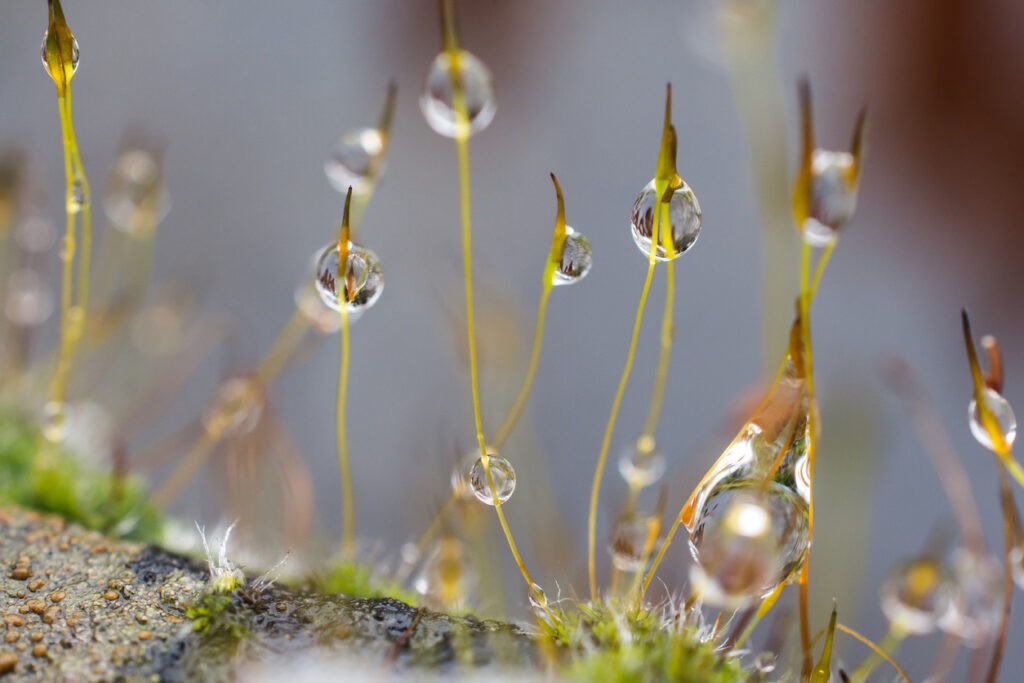Uzbekistan Wants To Produce Drinking Water From the Air
Uzbekistan has tested an innovative unit for extracting moisture from the atmosphere to create drinking water. Sergei Dorzhiev, head of the Russian company Aquagenica which developed the technology, states that it was previously utilized in Russia and African countries, but more difficult climatic conditions were required for the final test of the equipment, which is why the Kyzylkum desert was chosen. The plant, which was launched in the Navoi Free Economic Zone (FEZ) in July, has now completed its tests, and according to FEZ director Habib Abdullayev, the equipment can produce up to 1,000 liters of clean water daily. “The machine works in extreme conditions of hot-dry climate with water content from 4 g/m3 and higher in atmospheric air and in the temperature range from 10-70 degrees Celsius. At the same time, foreign analogs extract water from the air at a humidity of 8-10 g/m3 of air and above in the temperature range of 20-40 degrees Celsius. We expect our installation will help solve problems with access to good quality drinking water,” said Dorzhiev. The unusual installation is expected to begin serial production in 2025. More than 30 African and Asian countries have already expressed interest in producing equipment for extracting water from the air. In various countries, atmospheric moisture extraction technologies are becoming an important solution to freshwater scarcity. One of the most promising approaches is using atmospheric water generators (AWGs), capable of producing potable water from moisture in the air. In the United States, such plants have been successfully used to help provide clean water to communities. Similar technologies have also been implemented in the United Arab Emirates.


